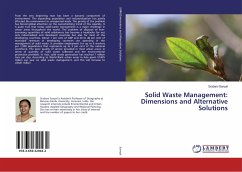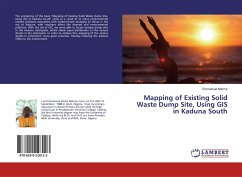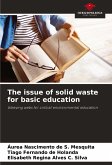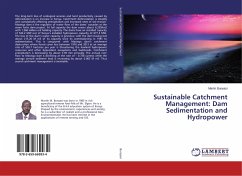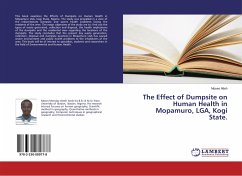From the very beginning man has been a dynamic component of environment. The expanding population and industrialization has jointly affected the environment to unexpected levels. The gravity of the problem has forced global attention on the overwhelming trend of this calamity. It is quite true that today solid-waste management is a major challenge in urban areas throughout the world. The problem of disposal of ever-increasing quantities of solid substances has become a headache for not only industrialized and developed countries but also for most of the developing countries. About 1 per cent of GNP and 20 to 40 per cent of municipal revenues in developing countries are spending in the management of solid waste. It provides employment for up to 6 workers per 1,000 populations that represents up to 2 per cent of the national workforce. The poor quality of service provided in most urban areas, in terms of quantity of solid waste collected and the environmental protection provided. In Asia, solid waste generation has reached 1 million tons per day. According to World Bank urban areas in Asia spent US$25 million per year on solid waste management, and this will increase to US$47 million
Bitte wählen Sie Ihr Anliegen aus.
Rechnungen
Retourenschein anfordern
Bestellstatus
Storno

